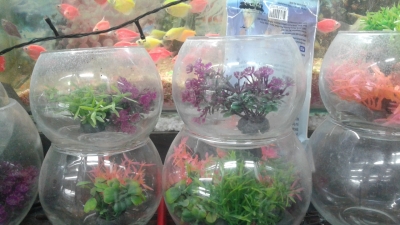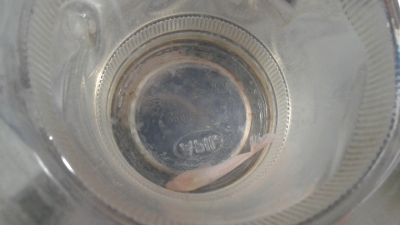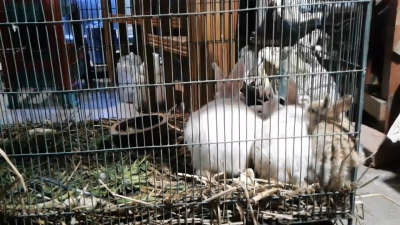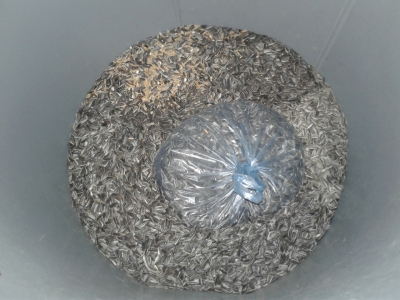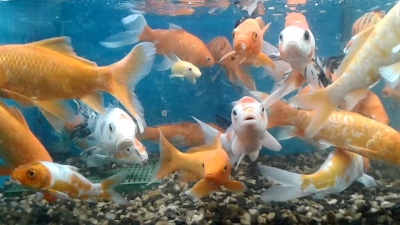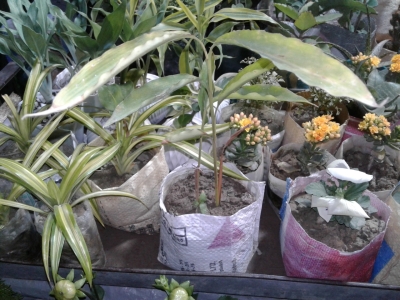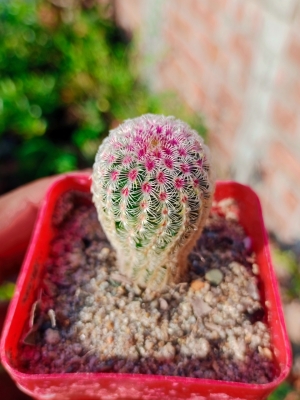
Egeria densa, commonly known as Brazilian waterweed or Egeria, is an aquatic plant species. It is native to South America, particularly Brazil, and is widely used in the aquarium trade. Egeria densa is a submerged plant that can grow in freshwater environments such as ponds, lakes, and slow-moving streams.
If you're interested in obtaining live Egeria densa plants, you can usually find them at aquarium stores or online retailers that specialize in aquatic plants. When purchasing live plants, it's important to ensure they are healthy and free from any pests or diseases.
Once you have obtained Egeria densa, here are some general guidelines for care:
1. Lighting: Egeria densa requires moderate to high lighting levels. Make sure your aquarium or aquatic environment has adequate lighting to support plant growth.
2. Water conditions: Egeria densa prefers slightly acidic to neutral water conditions, with a pH range of 6.5 to 7.5. The water temperature should be kept between 68°F to 82°F (20°C to 28°C).
3. Nutrients: Like most plants, Egeria densa requires nutrients to thrive. It absorbs nutrients from the water, so providing a balanced aquarium fertilizer or supplementing with root tabs can help promote healthy growth.
4. Planting: Plant the Egeria densa in the substrate of your aquarium, ensuring the roots are buried but the stem and leaves are exposed to the water. You can also anchor the plants to rocks or driftwood using fishing line or plant weights.
5. Maintenance: Regular pruning may be necessary to control the growth of Egeria densa, as it can become quite prolific. Remove any dead or decaying leaves to prevent water quality issues.
Egeria densa is known for its rapid growth and ability to absorb excess nutrients from the water, making it a popular choice for aquariums and natural water filtration systems. However, be cautious when introducing it to natural bodies of water, as it can become invasive in certain regions and outcompete native plant species.
Always check and follow any regulations or guidelines regarding the introduction of aquatic plants to your local environment to prevent potential ecological disruptions.


